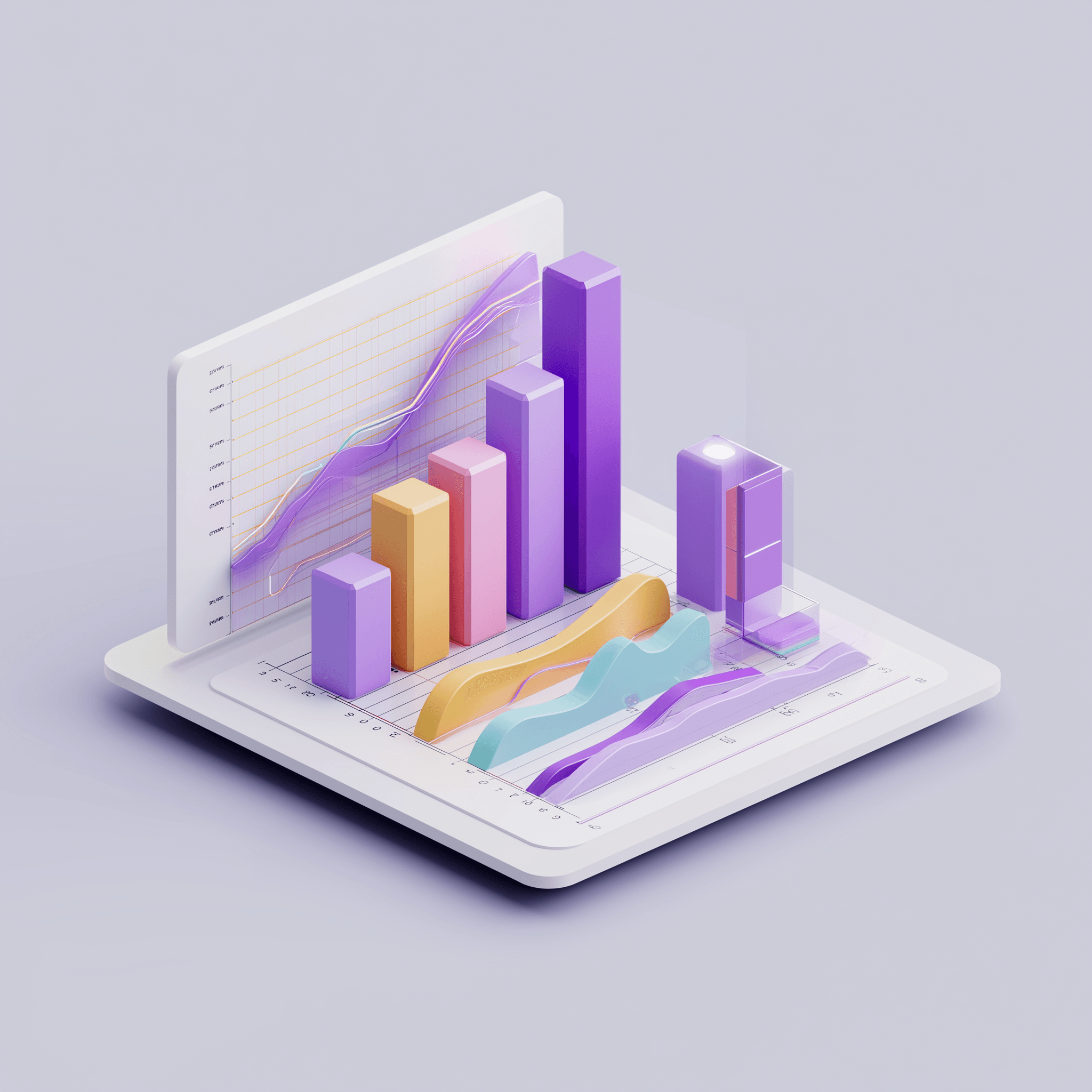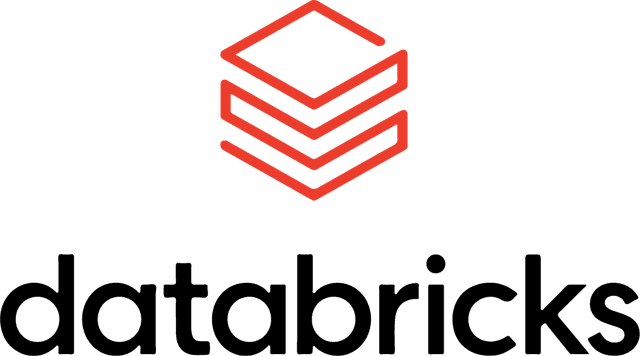Enterprise AI and Data Transformation Services | Proven Implementation at Scale
End-to-end AI transformation: Strategy, implementation, and scale. We take you from POC to production in 12-16 weeks—while 85% of AI projects fail, our proven data foundation ensures your success.
How We Transform Your Business
From strategic planning to 24/7 operations, we provide end-to-end AI, analytics, and data services that turn your data warehouse into an intelligent business partner.

AI Strategy & Implementation
Vision to production in 12-16 weeks. We deliver agentic AI systems that execute multi-step tasks autonomously—not simple chatbots, but intelligent agents that drive 171% ROI and transform operations.
Agentic AI Development
Autonomous agents that complete complex workflows with minimal oversight—compressing 4-week tasks into 6 hours
Workflow Automation & Orchestration
Multi-agent systems that automate end-to-end business processes—from data entry to approvals, running 24/7 without human intervention
Enterprise LLM Integration with RAG
ChatGPT, Claude, Gemini grounded in your data—no hallucinations, just accurate enterprise intelligence

Advanced Analytics & BI
Transform data into strategic intelligence. AI-powered predictive analytics, executive dashboards, and machine learning models that improve decision-making by 64% and accelerate insights by 28%.
Predictive Analytics & ML Models
Forecast demand, detect anomalies, predict churn—machine learning that spots risks and opportunities before they happen
Executive Dashboards & KPI Tracking
Real-time strategic visualization with voice-enabled exploration—see revenue, margins, and efficiency in one intelligent view
Managed Analytics Services
End-to-end BI solutions with continuous optimization and enterprise-grade governance—empowering data-driven decision making

Data Engineering & Modernization
10+ years building AI-ready data platforms. Real-time streaming analytics, zero-ETL architectures, and cloud-native migrations that deliver 3x faster insights at 40% lower costs.
Real-Time Data Pipelines
Apache Kafka, Flink, Spark Streaming—process data at the source with edge computing for instant insights
Cloud-Native Migration
Snowflake, Databricks, AWS, Azure, GCP—zero-downtime replatforming with automated optimization
AI-Ready Lakehouse Architecture
Unified data lakes + warehouses built for machine learning from day one—AI-ready infrastructure with decentralized ownership and centralized governance

Managed AI Operations
24/7 monitoring, continuous optimization, and SLA-backed support. Your AI stays sharp with automated retraining, predictive cost analysis, and 99.9% uptime guarantees.
Enterprise MLOps
Automated deployment, monitoring, and retraining—CI/CD for AI that detects drift and self-heals
Cloud FinOps Optimization
Predictive cost analysis and automated recommendations—reduce cloud spend by 40% with zero manual effort
Governance & Compliance
GDPR, HIPAA, CCPA-ready frameworks with encryption, IAM, and audit trails built in
Industry-Specific AI Solutions
Deep domain expertise across regulated industries with proven AI use cases and measurable ROI. From fraud detection to predictive maintenance, we deliver solutions that transform operations.
Pioneering Data Excellence Since 2011
Led by industry veterans with deep expertise in data, analytics, and AI transformation
Paul Broughan
13+ years building data-driven enterprises, champion of customer-first innovation. Led 1000+ successful implementations with unwavering focus on client success.
Chris Hill
Architect of 500+ enterprise implementations, expert in cloud-native data platforms. Drives purposeful innovation that solves real business problems.
Diostenes De La Hoz
Leading AI transformation strategies, bridging enterprise data with intelligent automation. Builds ethical, trustworthy AI systems grounded in integrity.
James Ball
Transforming raw data into actionable insights, specialist in BI and predictive analytics. Empowers decision-makers with intelligence that drives results.
Our Values Drive Everything We Do
Built on a foundation of integrity, customer success, and purposeful innovation
Customer First
Every decision starts with "How does this benefit our client?" This philosophy has guided 1000+ successful implementations.
Innovation with Purpose
We adopt technologies because they solve real problems—not because they're trendy. AI built on proven data foundations.
Integrity & Trust
Bootstrapped growth means every client earned through merit. We deliver on promises, own mistakes, and put ethics first.
Ready to Lead Your Industry's AI Transformation?
Let's discuss how we can transform your data infrastructure into a competitive advantage.
Free Consultation
No-obligation discussion
30-Day POC
See real results quickly
Zero Risk
No commitment required










